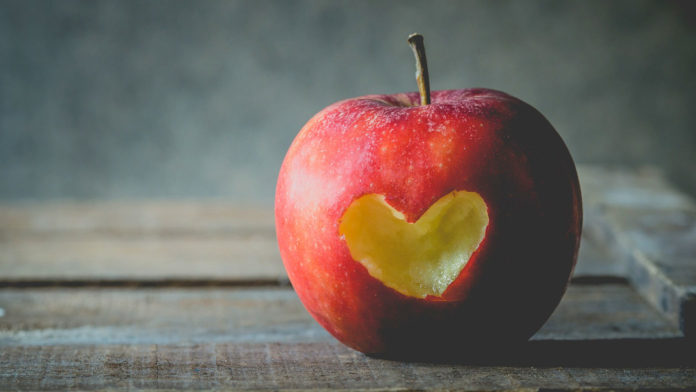It may seem counterintuitive at first that a patient’s list of forbidden supplements before cancer treatment would become the ingredients for a potential cancer prevention approach. But it actually makes perfect sense.
Toronto radiologist Kieran Murphy was reading a list of supplements his mother-in-law was instructed not to take before starting radiation therapy. She was warned not to have them in her system because they could reduce the effectiveness of her breast cancer treatment.
Radiation therapy works by applying high doses of radiation in hopes of destroying cancer cells. The energy from the radiation damages cancer cell DNA. One major mechanism behind this damage is the ionization of water to form highly reactive free radicals, which then break nearby DNA strands.
When the cancer cells’ DNA is broken over and over with daily treatment, without giving pause to allow those cells to recover and repair, many eventually die.
Murphy noted that the supplements his mother-in-law was warned against were all antioxidants: molecules that can neutralize or prevent the formation of free radicals.
So while it makes sense that radiation therapy patients stay away from antioxidants because they might help spare cancer cells, Murphy saw potential to protect himself and other healthcare professionals from radiation exposure while continuing to provide the best care.
In his practice as a surgeon at Toronto Western Hospital, Murphy routinely uses medical imaging as a tool during surgery. For instance, X-ray guided surgeries help patients have less invasive operations, which are less painful and come with shorter recovery times.
There are many benefits for patients, but there are also risks, especially for healthcare professionals who are repeatedly exposed to radiation over the course of their careers. Just as ionizing radiation can damage cancer cell DNA, it can also damage healthy cell DNA. This exposure raises the risk for conditions like cataracts, and even the risk for developing cancer.
To try to counteract these effects, Murphy collaborated with researchers at Dalhousie University to develop an antioxidant cocktail called Coramed, a product extracted from apple skins. Its potential protective effect is being tested now in clinical trials, starting with patients undergoing diagnostic radiation.
If successful, Coramed could help protect both patients and healthcare professionals from the harmful effects of radiation whenever DNA damage is not the goal.








































